Related Research Articles

The United Church of Canada is a mainline Protestant denomination that is the largest Protestant Christian denomination in Canada and the second largest Canadian Christian denomination after the Catholic Church in Canada.
Peter B. Short is an ordained minister and was the 38th Moderator of the United Church of Canada from 2003 until 2006. He was elected Moderator at the denomination's meeting of the 38th General Council in Wolfville, Nova Scotia.
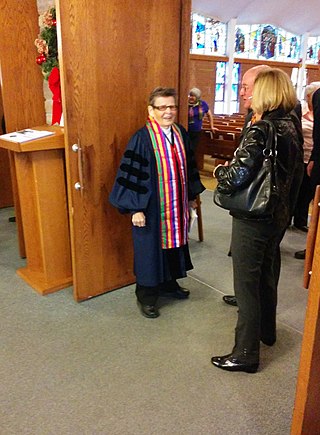
Lois Miriam Wilson is a retired United Church Minister who was the first female Moderator of the United Church of Canada, from 1980 to 1982. She was ordained a United Church minister in 1965, her husband having previously been ordained a United Church minister. From 1983 to 1989 she served as co-director of the Ecumenical Forum of Canada and also served as a president of the Canadian Council of Churches (1976-1979) as well as the World Council of Churches (1983-1991). A close friend of the noted Canadian novelist Margaret Laurence, she participated in several public forums with Laurence and presided at Laurence's 1986 funeral.
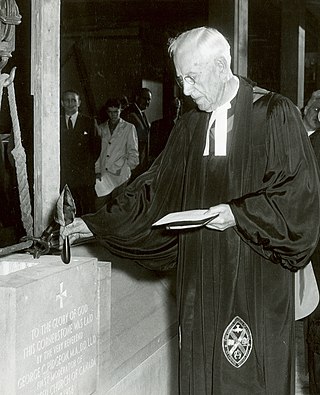
George Campbell Pidgeon was a Christian minister, first in the Presbyterian Church in Canada and then in the United Church of Canada, as well as the last Moderator of the Presbyterian Church before amalgamation and the first Moderator of the newly formed United Church of Canada. He was a strong proponent of the proposed union of churches and later in life championed ecumenism.

The Presbyterian Church in Canada is a Presbyterian denomination, serving in Canada under this name since 1875. The United Church of Canada claimed the right to the name from 1925 to 1939. According to the Canada 2001 Census 409,830 Canadians identify themselves as Presbyterian, that is, 1.4 percent of the population.
Reverend Walter George Brown was a Presbyterian Church in Canada minister who opposed the formation of the United Church of Canada and was a United Reform Movement MP in the House of Commons of Canada.

Anderson Ruffin Abbott was the first Black Canadian to be licensed as a physician. His career included participation in the American Civil War. Significant roles included coroner of Kent County, Ontario, and surgeon-in-chief.
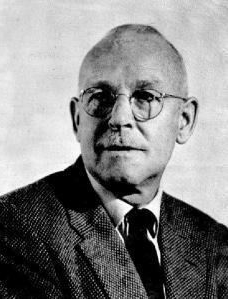
Robert Baird "Bob" McClureOOntFRCS (Edin.) FICS was a Canadian physician, medical missionary to China, Taiwan, Gaza, India, and Borneo, and the 23rd Moderator of the United Church of Canada, the first unordained lay person to hold that position.
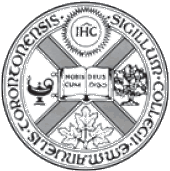
Emmanuel College is the theological college of Victoria University in the University of Toronto. Affiliated with the United Church of Canada, it is also a member institution of the Toronto School of Theology. The college's principal is HyeRan Kim-Cragg.
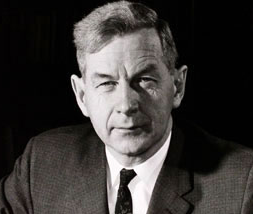
Arthur Bruce Barbour Moore was an ordained minister of the United Church of Canada who served as president and Vice-Chancellor of Victoria University in the University of Toronto, Chancellor of the University of Toronto, and as the 24th Moderator of the United Church of Canada.
Marion Pardy, a diaconal minister and author, was the 37th Moderator of the United Church of Canada from 2000 to 2003.
Although the United Church of Canada is one of the few mainstream Christian denominations to both ordain LGBTQ clergy and consecrate same-sex marriages, support for these issues have caused deep divisions within the church.
John Black was a Presbyterian clergyman who had emigrated from Scotland to New York State.
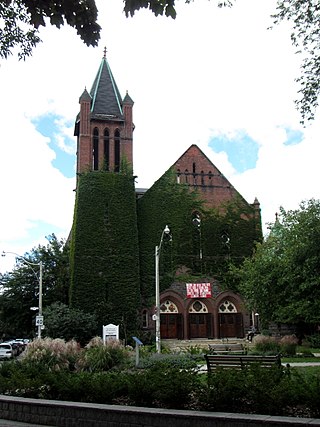
Walmer Road Baptist Church is a Baptist in Toronto, Ontario, Canada. It is affiliated with Canadian Baptists of Ontario and Quebec.
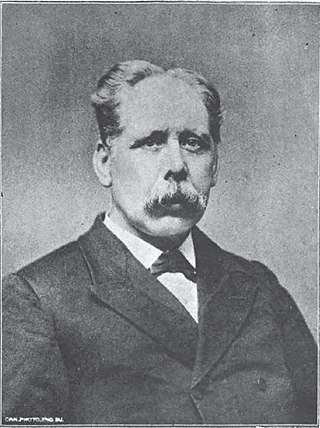
William Boyd Stewart was a pastor, writer, and educator in the Baptist denomination of Canada.

Gary J. Paterson was the Moderator of the United Church of Canada from 2012 to 2015. He was the first openly gay person to take the post since the church was formed in 1925 and the first in the world to lead a major Christian denomination.

Sang Chul Lee was the 32nd Moderator of the United Church of Canada and the first person of Asian descent to hold the position. He was elected by the 32nd General Council of the United Church of Canada at their meeting in Victoria, British Columbia. He was married and had three daughters.
Peter Bryce was a Canadian Methodist and United Church of Canada minister. He was elected as Moderator of the United Church of Canada at their 7th General Council in Ottawa, Ontario in 1936.
Anne Marguerite Squire née Park (1921–2017), 31st Moderator of the United Church of Canada from 1986 to 1988, was the first female lay person elected to that post. Her time as Moderator was marked by controversy over the question of whether members of the LGBTQ community should be ordained.

Black Mennonites are people who are both Mennonite and Black. Black Mennonites live in Africa, the United States, Canada, and elsewhere. Black Mennonite communities have existed in the United States and Canada since the late 1800s. Ethiopia and the Democratic Republic of the Congo are home to the second and fourth largest populations of Mennonites in the world. Tanzania, Zimbabwe, Kenya, and Angola also have some of the larger populations of Mennonites in the world. Glen Alexander Guyton, the first African-American leader of the Mennonite Church USA, has stated that "The typical Mennonite is an African woman", due to Mennonite missionary outreach in Africa, and that African Mennonites "are now sending missionaries to Europe and the United States." While Mennonites have historically been mostly white people of Central or Eastern European descent, with population centers in North America and Europe, Black Mennonites now outnumber white Mennonites globally. African Mennonite churches have had a larger number of members than North American Mennonite churches since 2006.
References
- 1 2 3 4 Kilner, Adam (Jan 2011). "Wilbur Howard: A Ministry of Eloquent Silence". Touchstone. 29 (1): 49–56. Retrieved May 13, 2016.
- 1 2 3 4 Samba, Mugoli (November 2, 2018). "Wilbur Howard and the White Church". Broadview Magazine. Retrieved February 1, 2021.
- 1 2 Martin, Sandra (April 21, 2001). "Howard, Wilbur K.". The Globe and Mail.